A former volleyball player has revealed how her life was dramatically altered after being struck by a ball spiked by a transgender opponent during a high school match in 2022.
Payton McNabb, now 19, from Murphy, North Carolina, was knocked unconscious for 30 seconds after being hit in the head during the game at Hiwassee Dam High School.
The incident has been highlighted in a new documentary titled “Kill Shot: How Payton McNabb Turned Tragedy Into Triumph”, where she speaks about her ongoing health struggles.
“If my story can in any way help prevent this from happening to at least just one woman or girl, then it was all worth it,” McNabb told The New York Post.

Payton McNabb’s volleyball dreams are over after suffering the brain injury
YouTube
The teenager’s dreams of becoming a college athlete were shattered following the match, which left her with life-threatening injuries.
McNabb was rushed off the court with a concussion, neck trauma and two black eyes, whilst the match continued without her.
The full extent of her injuries became apparent weeks later when doctors diagnosed her with a traumatic brain injury, a brain bleed, partial paralysis and loss of peripheral vision in her right side.
She continues to suffer from severe headaches and anxiety, which began after the incident.
The injuries have impacted her studies at Western Carolina University, where she now requires additional tutoring due to memory loss and retention issues.
“It was 100 per cent avoidable if only my rights as a female athlete had been more important than a man’s feelings,” McNabb said.
Her athletic aspirations were permanently affected, as she was forced to sit out the remainder of her senior volleyball season and abandon her hopes of playing college softball.
McNabb revealed that she and her teammates had concerns about competing against a transgender player before the match but felt unable to voice them.
“We never thought we would ever be put in this position to begin with. I didn’t know one person who agreed with (a transgender athlete competing against us) on my team, but we didn’t know what to do,” she told The New York Post.
Her mother, Pamela McNabb, expressed deep regret about the situation.
“The guilt Payton’s father and I carry is heavy. At the time we weren’t allowed to speak up. We couldn’t say, ‘No, she’s not playing against a boy, it’s dangerous’,” she said.

Payton McNabb suffered a brain injury after being spiked in a volleyball match
YouTube
“I would never, ever let her play today if I knew what I know now,” Pamela added. “Pull your kid. Don’t play. It is not worth what has happened to her to happen to anybody else’s child.”
In April 2023, McNabb took a stand by testifying before the North Carolina General Assembly in support of the Fairness in Women’s Sports Bill.
Despite her initial hesitation about speaking publicly, she was driven by concern for future athletes, including her younger sister.
Her testimony proved influential, as North Carolina subsequently passed legislation banning transgender athletes from competing in women’s sports at middle school, high school and collegiate levels.
Former North Carolina women’s basketball head coach Sylvia Hatchell supported the bill, stating: “I support transgender athletes and their right to gender identity as they see fit. However, competitive sports is one of the few places in our society where sex differences matter.”

Payton McNabb’s family were left devastated by the injury
YouTube
The ban has faced opposition, with over 400 Olympic and collegiate athletes signing a letter urging the NCAA not to implement similar restrictions.
The new documentary “Kill Shot” features raw footage of the incident alongside interviews with McNabb, her family and sister.
McNabb revealed that the transgender athlete involved never apologised for the incident.
Instead, she received a mocking Instagram message from the player that read: “Wow I really am living rent-free in your head, aren’t I?”

Payton McNabb will appear in a documentary on her life story
YouTube
The identity of the transgender athlete has been protected for security reasons.
Despite facing criticism, McNabb remains resolute in her advocacy work.
“It doesn’t bother me because I know what I’m saying is common sense,” she said.
The documentary chronicles McNabb’s journey from the traumatic incident to her successful campaign for legislative change in North Carolina.




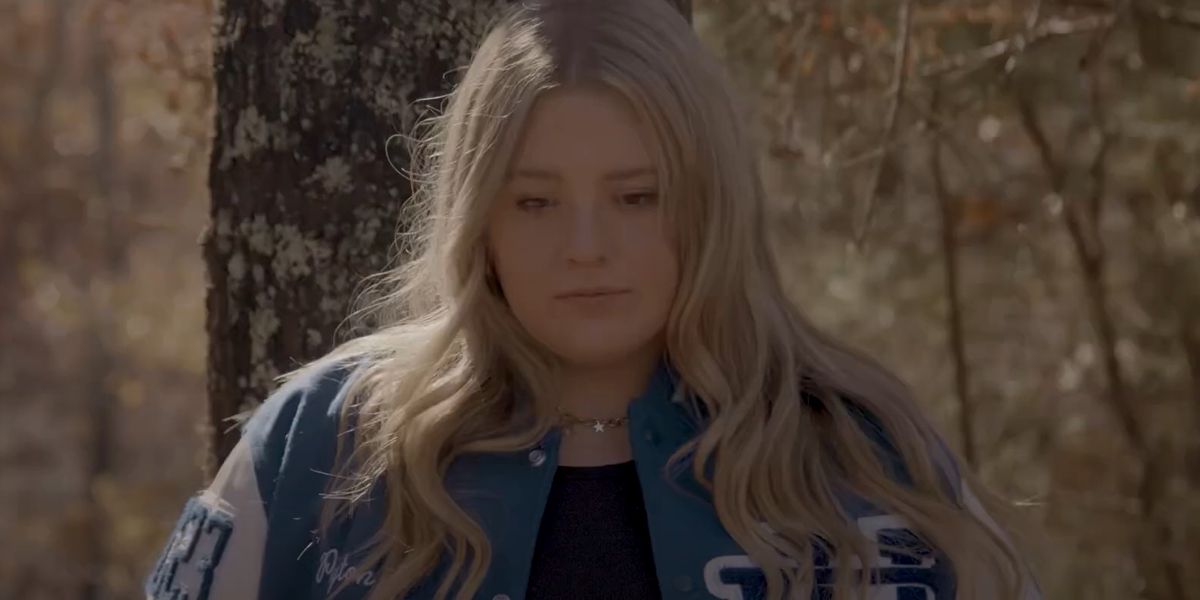
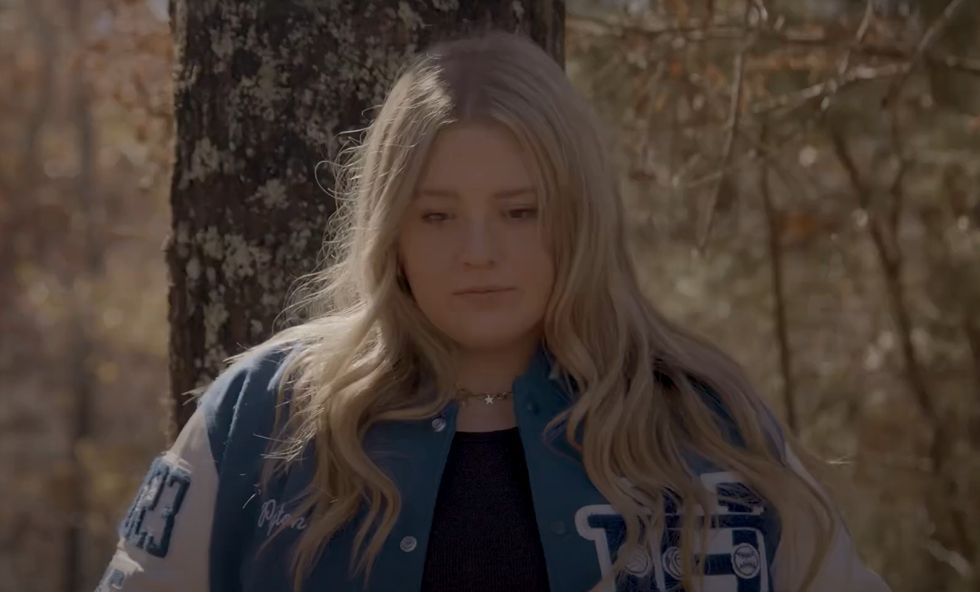
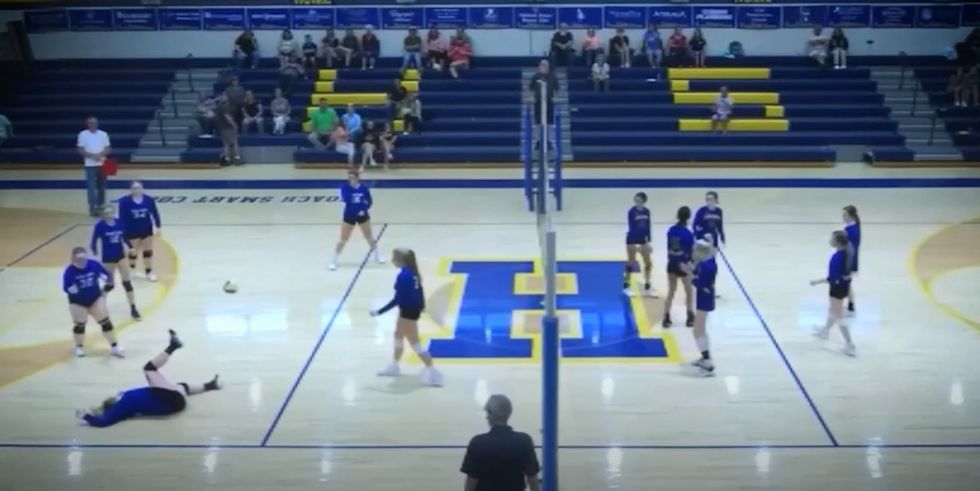
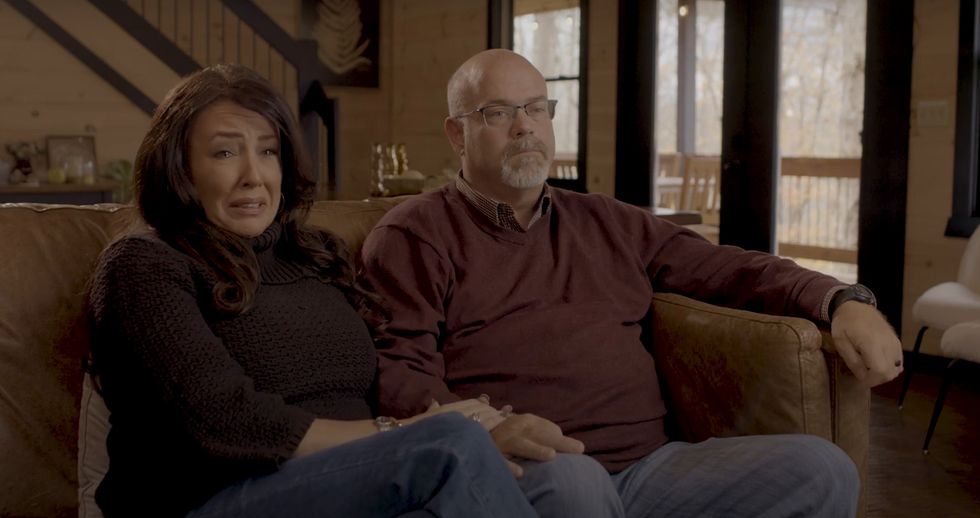
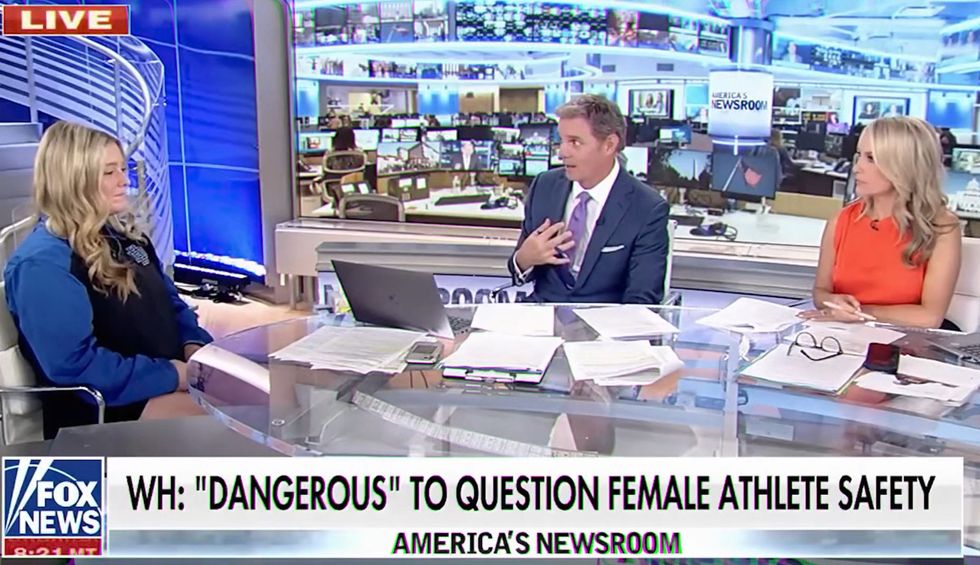
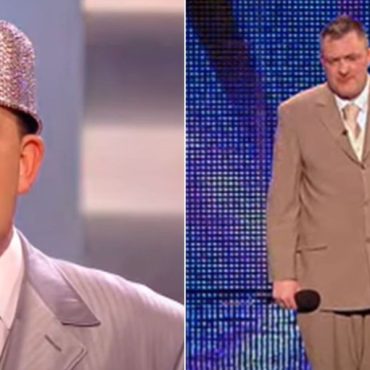





Post comments (0)